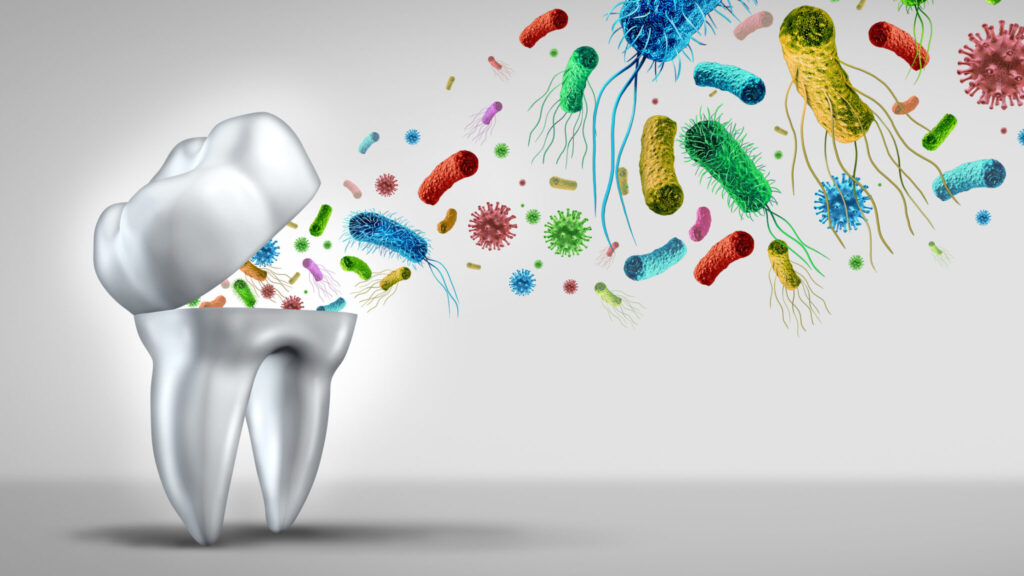
The mouth is the second most numerous microbial system within the human physique after the intestine—however researchers at Penn Dental Drugs say it behaves very in a different way in the case of long-term well being.
In a research printed July 16 in Microbiome, researchers in contrast the oral microbiomes of Nigerian kids residing with HIV, these uncovered to the virus however uninfected, and people unexposed. Their findings counsel that, not like within the intestine—the place stability of the microbial group is taken into account a marker of excellent well being—a dynamic, adaptable oral microbiome could also be extra helpful.
“Oral microbiome exhibits much less group change over time in kids residing with or uncovered to HIV, which we hypothesize could also be linked to a lowered capability to adapt to environmental adjustments,” the researchers wrote.
Learn associated story: Saliva diagnostics: Pioneering the way forward for dentistry and drugs
565 kids with tooth decay
The crew studied 565 kids with various levels of tooth decay. They collected 1,960 supragingival plaque samples and used a metataxonomic strategy to sequence a 478 base-pair area of the bacterial rpoC gene, a standard marker used to determine bacterial species. This helped decide which microbes had been current and the way they associated to illness danger.
Additionally they mapped how the microbial communities diverse from the entrance to the again of the mouth and analysed bacterial stability at three time factors. The kids who had been both contaminated with or uncovered to HIV confirmed extra homogeneous microbial communities throughout the mouth, in distinction to the distinct bacterial profiles usually discovered between the back and front tooth in wholesome kids.
Learn associated story: Research hyperlinks sure mouth micro organism to dementia danger, Alzheimer’s gene
Oral microbiome extra lively in unexposed children
Youngsters unexposed to HIV had greater microbial turnover—that means the composition of oral micro organism modified extra over time. In accordance with lead researcher Dr. Modupe O. Coker, it is a signal of a extra adaptable and presumably more healthy oral setting.
Coker added that decrease microbial turnover was related to elevated frequencies of cavity-causing micro organism, probably elevating the chance of tooth decay in kids affected by HIV.
“As a translational scientist, I hope we are able to hold taking a look at novel methods to make use of this info to know illness and to forestall or deal with it,” she mentioned.